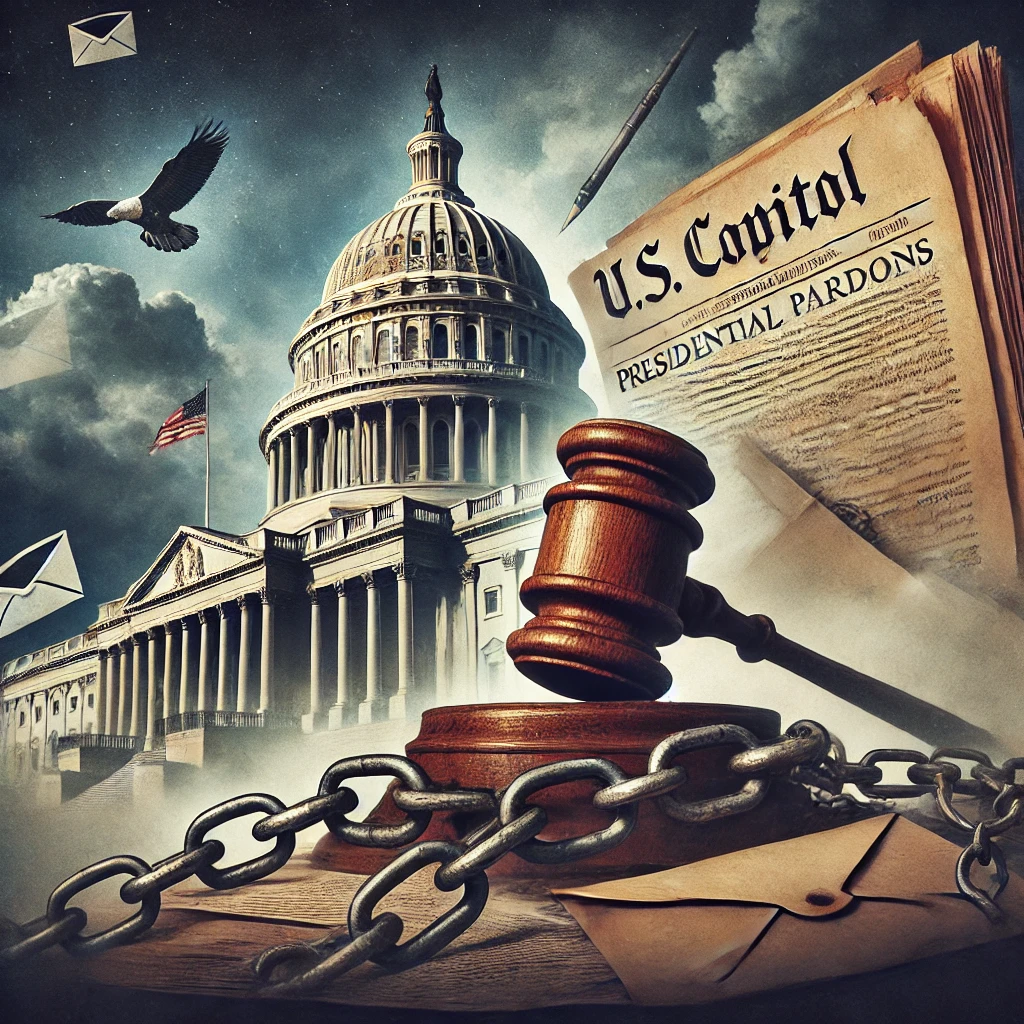Presidential pardons are a powerful tool intended to show mercy and correct injustices, but their use has not been without controversy. Over the years, some pardons have sparked outrage and debate, as they were perceived to undermine the rule of law, serve political interests, or favor personal allies. Below is a list of ten of the most ethically challenged pardons in U.S. history, highlighting the instances where the exercise of this presidential power raised serious ethical and legal questions.

- Richard Nixon (1974)
- President Gerald Ford pardoned Richard Nixon for any crimes he might have committed during the Watergate scandal. This preemptive pardon was meant to heal the nation but faced widespread criticism as an apparent effort to shield Nixon from accountability, leading to accusations of a “corrupt bargain.”
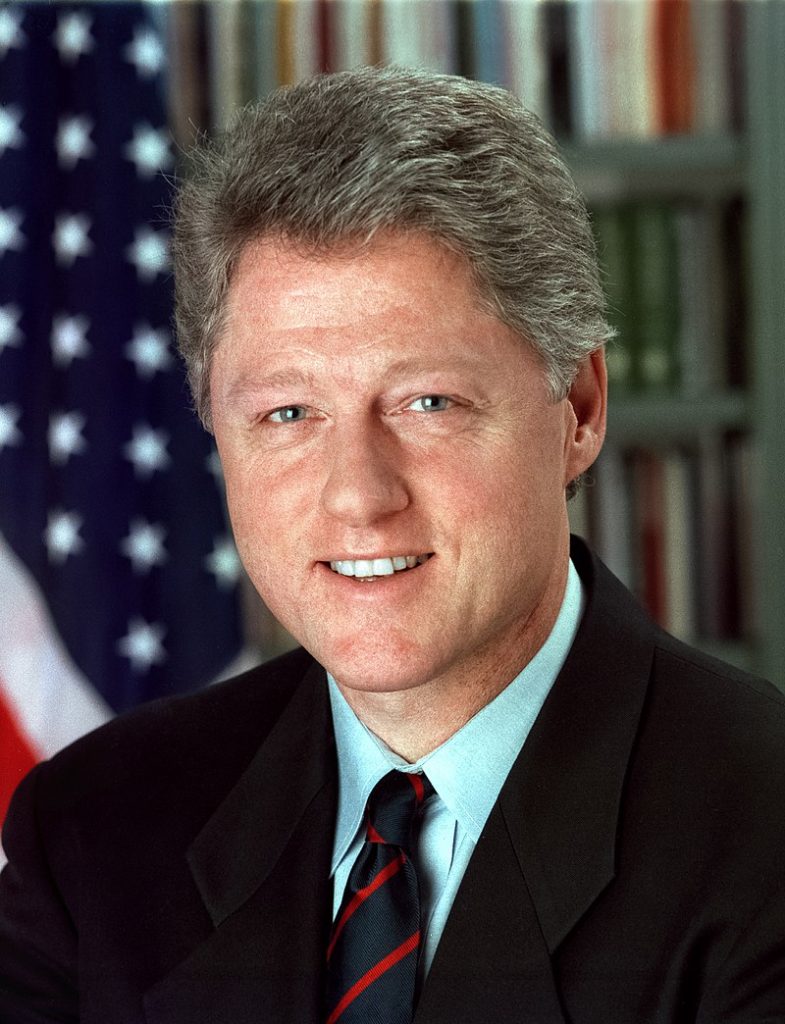
- Marc Rich (2001)
- President Bill Clinton pardoned financier Marc Rich, who had fled the U.S. to avoid prosecution on charges of tax evasion and illegal trading with Iran. The pardon was controversial due to Rich’s ex-wife, Denise Rich, being a major donor to the Democratic Party, raising allegations of influence peddling.
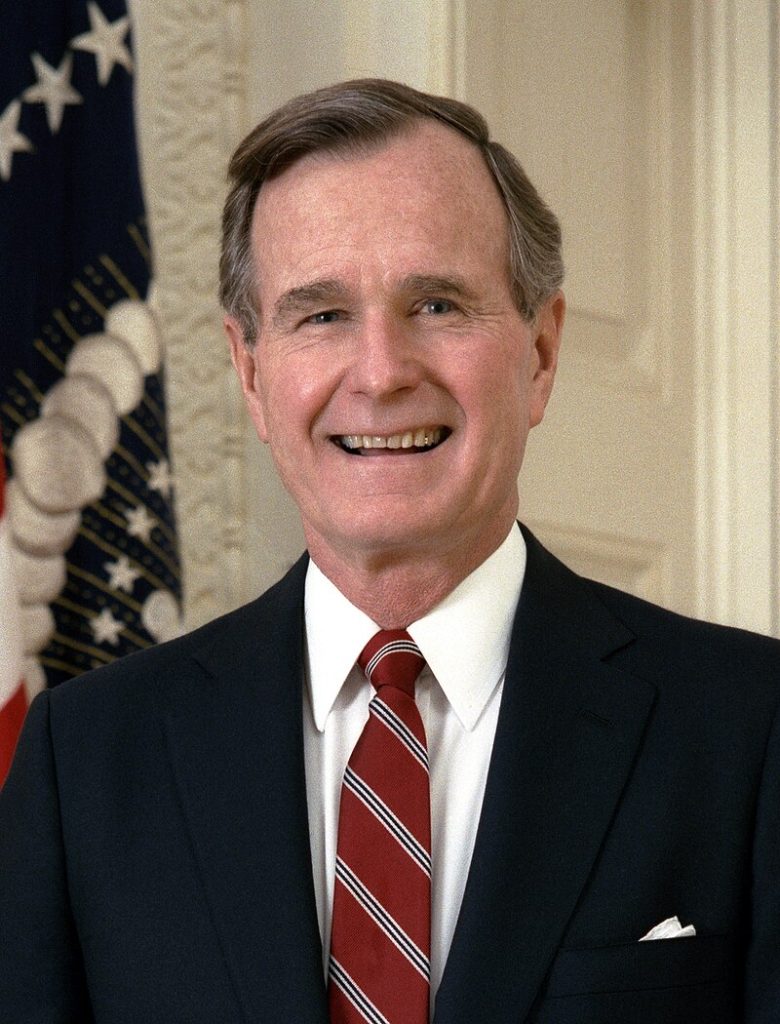
- Caspar Weinberger and Iran-Contra Figures (1992)
- President George H.W. Bush pardoned six individuals involved in the Iran-Contra affair, including former Secretary of Defense Caspar Weinberger. Critics argued that the pardons were an attempt to block further investigations into the scandal, as Bush himself might have been implicated.
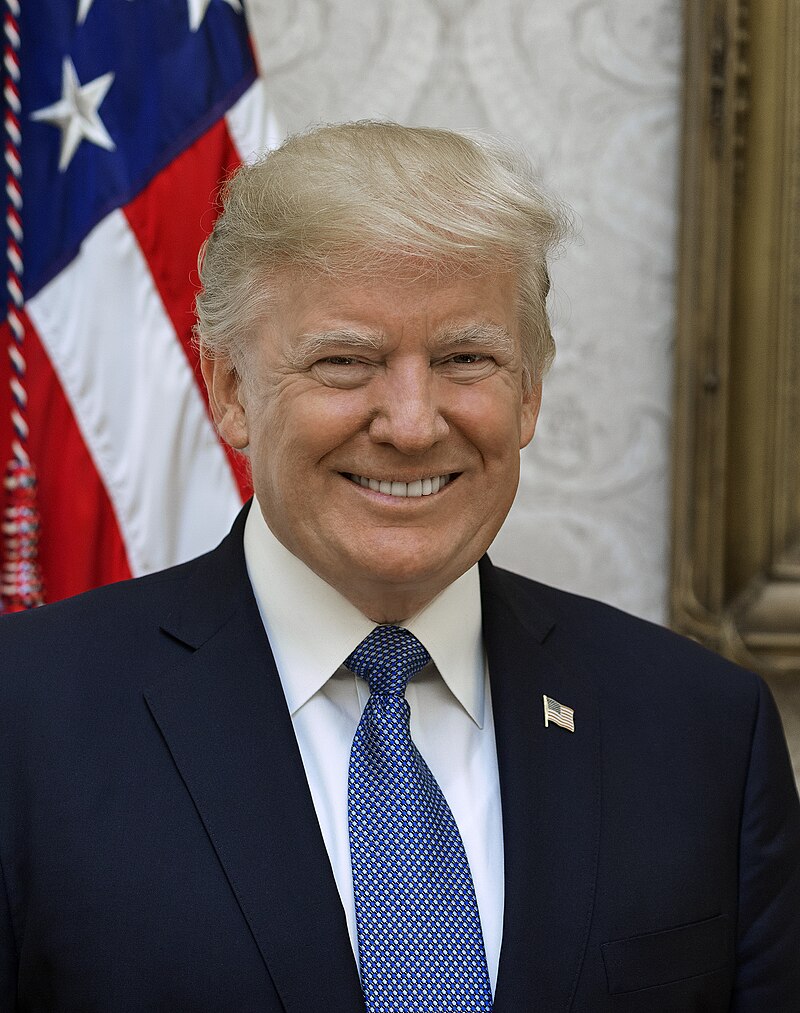
- Joe Arpaio (2017)
- President Donald Trump pardoned former Arizona sheriff Joe Arpaio, who was convicted of contempt of court for ignoring an order to stop racially profiling Latinos. Critics argued the pardon endorsed discriminatory policing practices and undermined judicial authority.
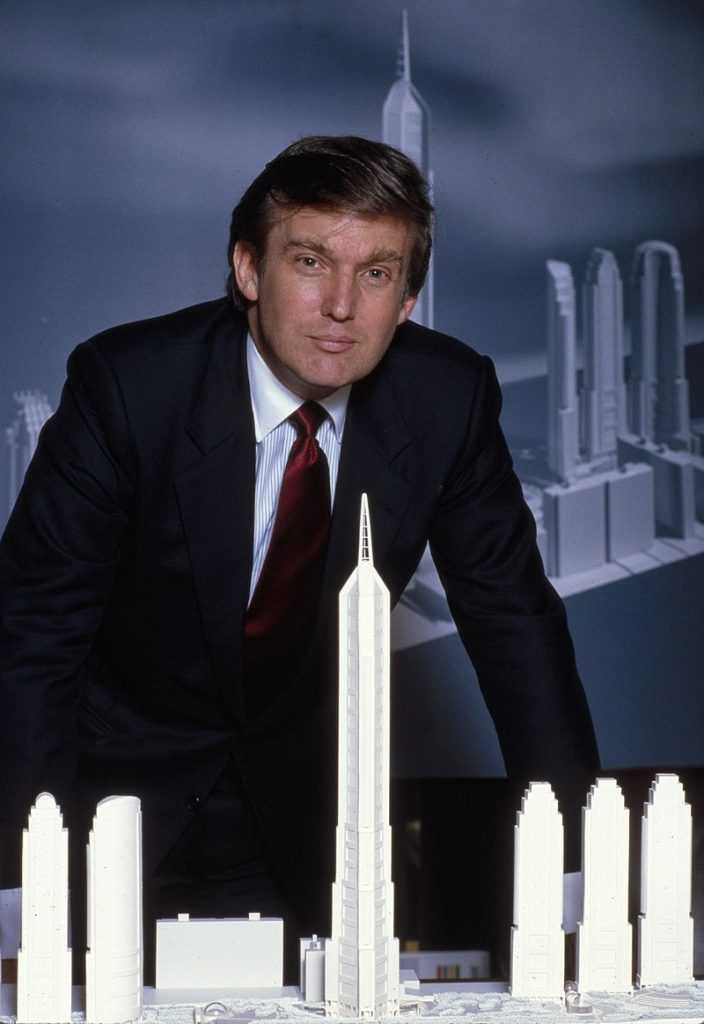
- Roger Stone (2020)
- President Donald Trump commuted the sentence of his ally Roger Stone, convicted of lying to Congress and obstructing an investigation into Russian interference in the 2016 election. The decision was criticized as an abuse of power to protect a loyal supporter.
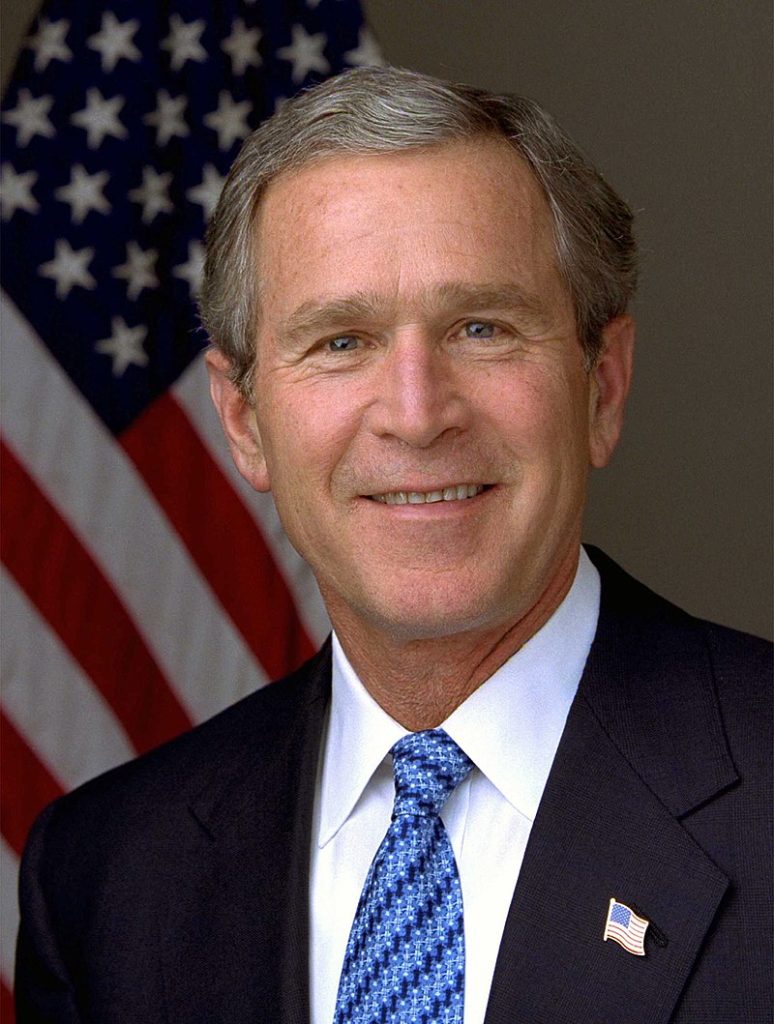
- Scooter Libby (2007)
- President George W. Bush commuted the sentence of I. Lewis “Scooter” Libby, Vice President Dick Cheney’s former chief of staff, who was convicted of perjury and obstruction of justice in the Valerie Plame CIA leak case. Critics saw the move as politically motivated.
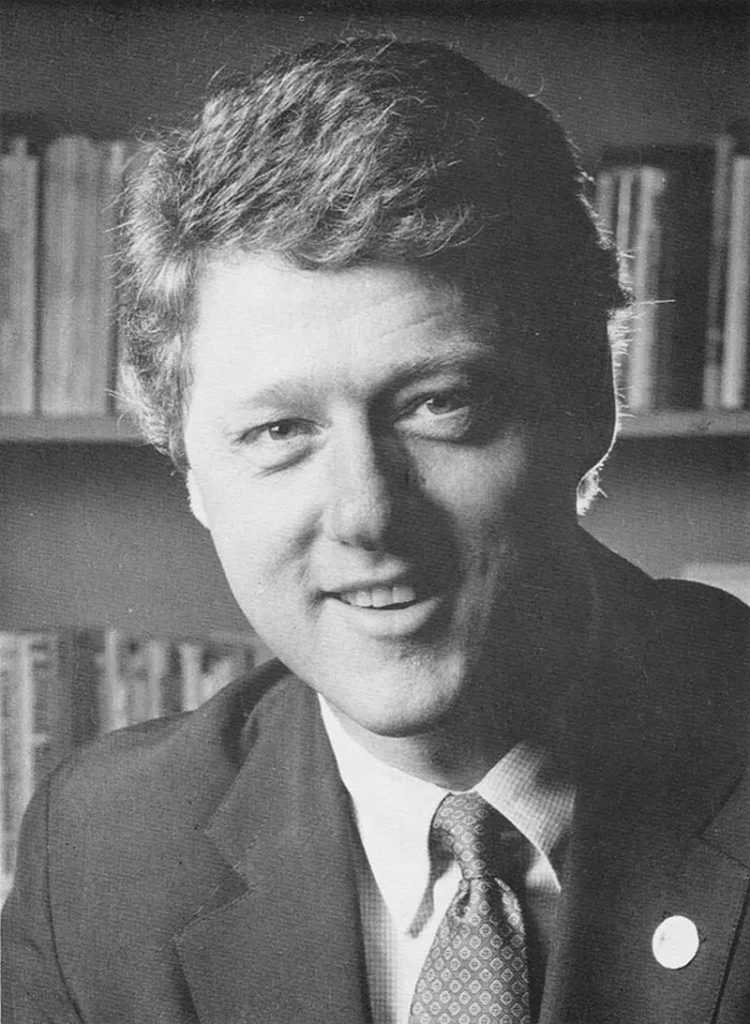
- Patty Hearst (2001)
- President Bill Clinton commuted the sentence of Patty Hearst, a wealthy heiress who was convicted of participating in a bank robbery after her kidnapping by the Symbionese Liberation Army. Critics questioned whether her social status influenced the decision.
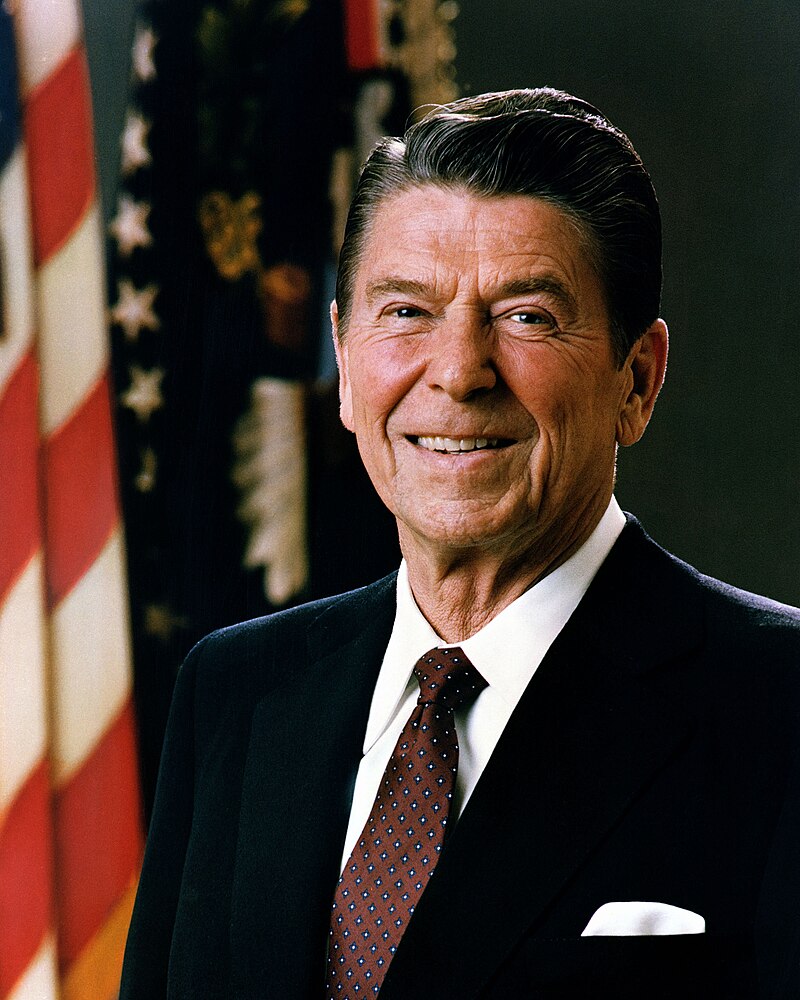
- George Steinbrenner (1989)
- President Ronald Reagan pardoned Yankees owner George Steinbrenner for illegal campaign contributions to President Richard Nixon’s re-election campaign. The pardon was criticized as an example of favoritism for the wealthy and influential.
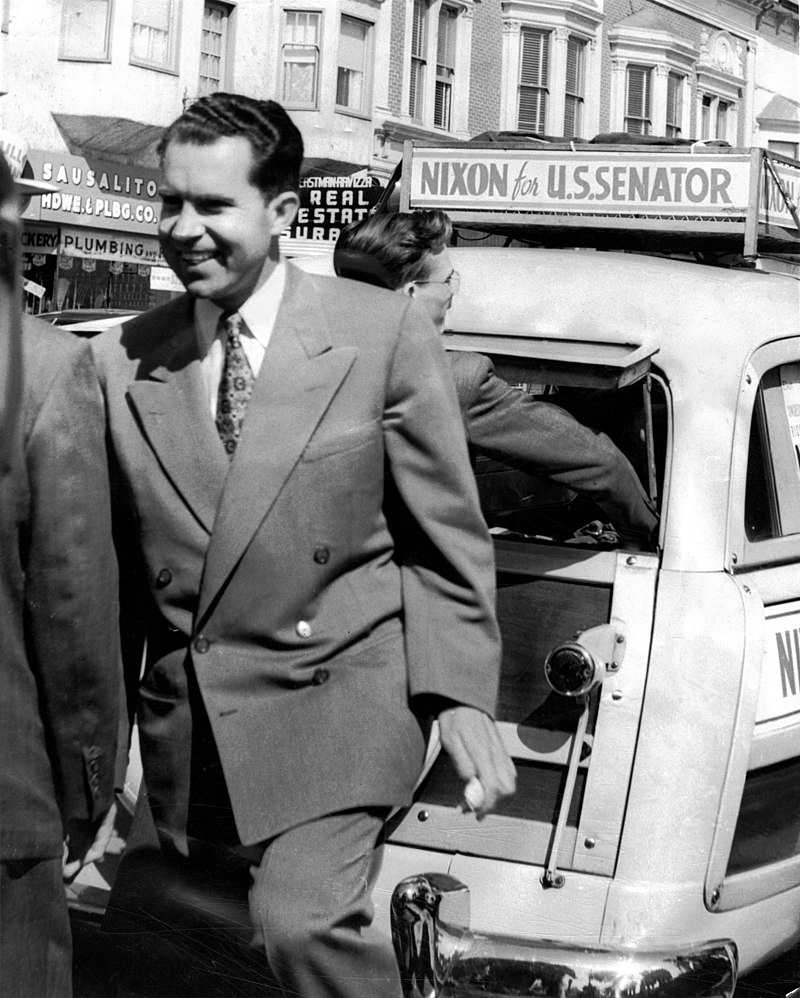
- Jimmy Hoffa (1971)
- President Richard Nixon commuted the sentence of Teamsters union leader Jimmy Hoffa, who had been convicted of jury tampering, fraud, and bribery. The commutation raised eyebrows due to Hoffa’s alleged connections to organized crime and the apparent political benefit of courting union support.
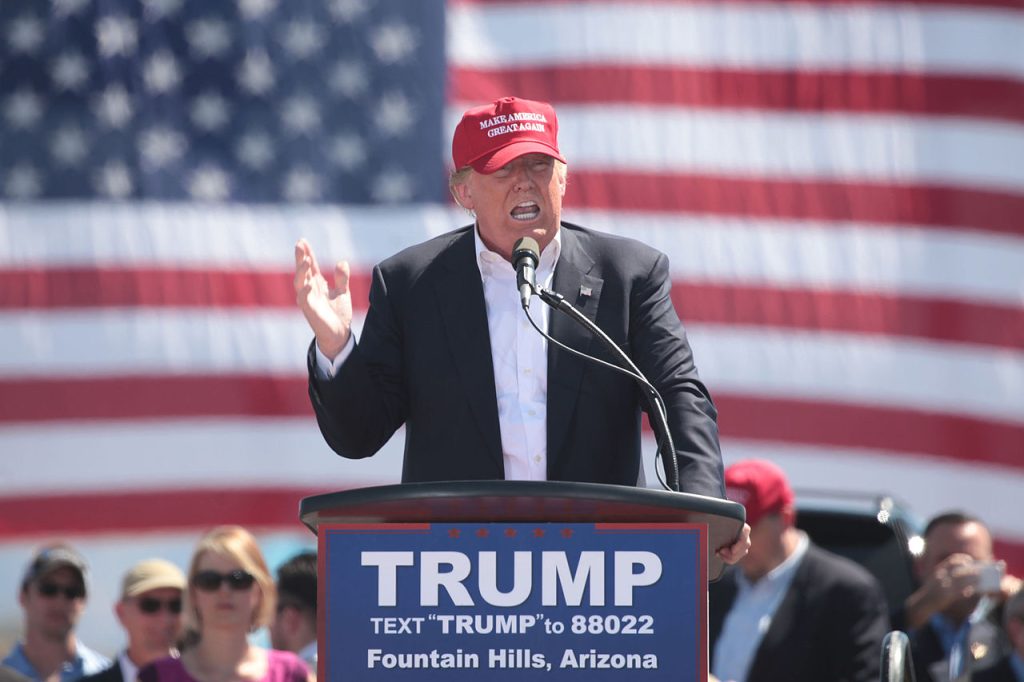
- Paul Manafort (2020)
- President Donald Trump pardoned former campaign chairman Paul Manafort, convicted on charges of tax evasion and bank fraud. Critics alleged the pardon was self-serving, as it shielded Manafort from further investigation into ties between Trump’s campaign and Russia.
These ethically challenged pardons highlight the complexities and controversies surrounding the exercise of presidential clemency. While the power to pardon can serve justice and mercy, its misuse has often left a lasting stain on the administrations involved.
Hunter Biden’s recent pardon by his father, President Joe Biden, doesn’t make the list of the top 10 most controversial pardons because it reflects a unique situation where the crimes were a result of a politically motivated prosecution. Hunter Biden faced scrutiny and charges, including tax evasion and firearm-related offenses, that would have never resulted in jail time if Hunters father were not the President. President Biden defended the pardon as necessary to correct an unfair and selective application of the law against his son, stating it was less about favoritism and more about addressing the political weaponization of the justice system. Unlike the pardons on the list, which often involved shielding allies or obstructing investigations, this decision was framed as a stand against politicized targeting.

